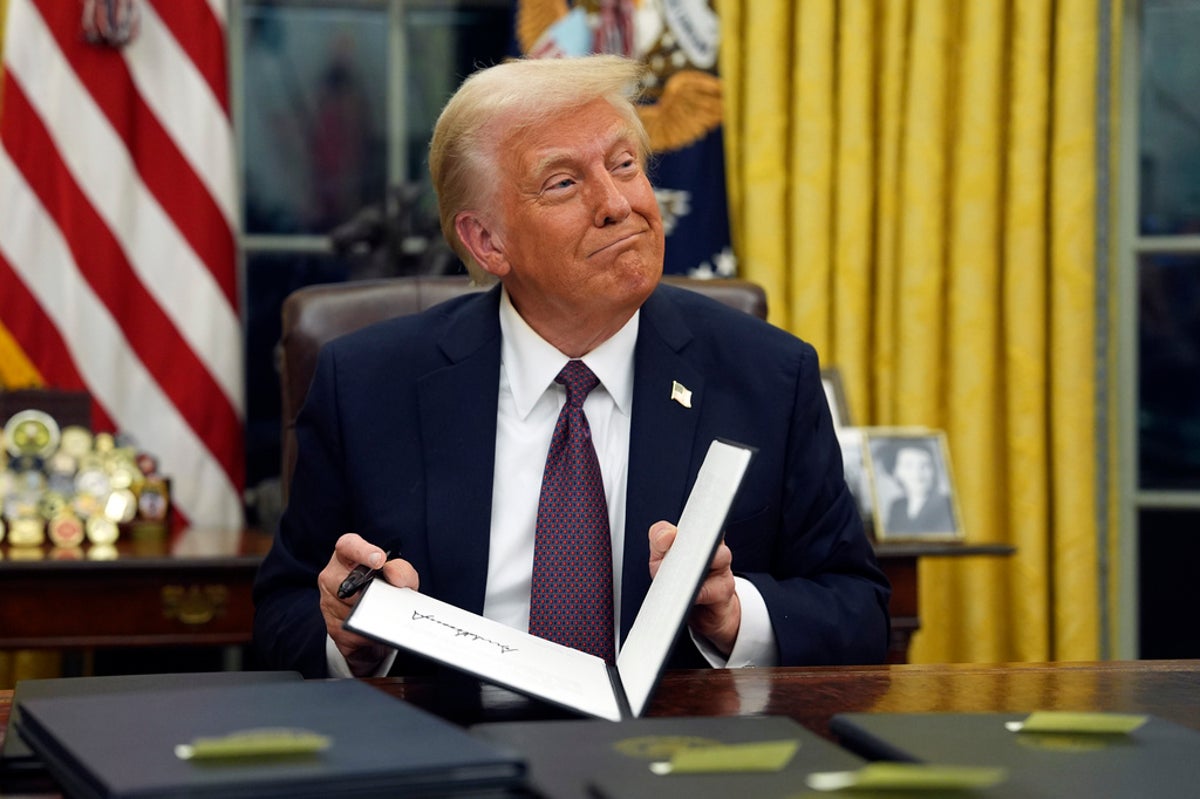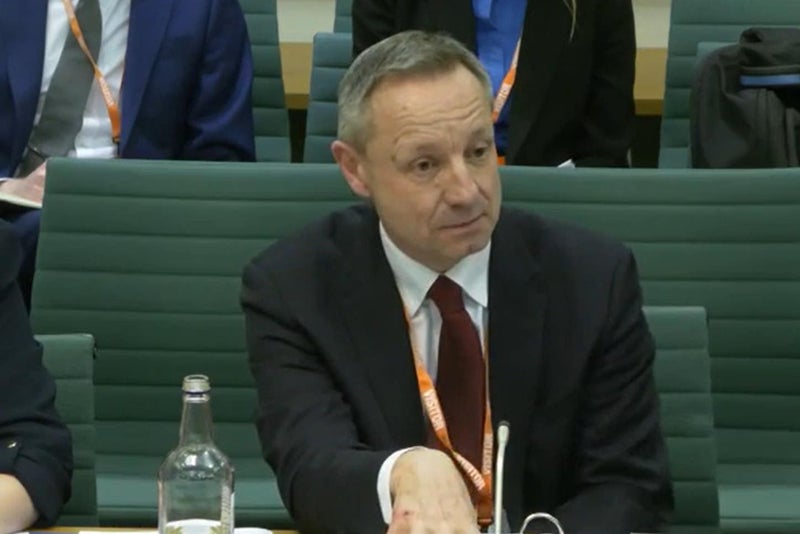Global markets sway as Trump signals Mexico and Canada tariffs
Share:
US dollar hits five-year highs against Canadian currency as Japan’s Nikkei index swings between losses and gains. Financial markets swayed after Donald Trump took office and did not immediately impose new trade tariffs in his executive orders, but later signalled punitive tariffs on Mexico and Canada.
The new US president told reporters in the White House’s Oval Office that he was thinking about introducing 25% US tariffs on imports from Mexico and Canada as soon as 1 February. The US dollar, which had initially fallen in the hours after Trump took office, reversed course after the comments to hit five-year highs against the Canadian dollar, and rose by 1% against the Mexican peso.
Financial markets were largely calm in reaction to Trump’s return to the White House. US markets were closed for the Martin Luther King holiday, so Asian markets were the first to respond. Japan’s Nikkei index swung between losses and gains and ended the day 0.3% higher.
Other Asian markets also made modest gains, with Hong Kong’s Hang Seng climbing by 0.95%, while the Shanghai and South Korean exchanges were slightly in the red and the Indian market lost nearly 0.6%. In Europe, the UK’s FTSE 100 index edged 13 points higher to 8,534 in early trading. Germany’s Dax, France’s CAC and Italy’s FTSE MIB slipped by 0.2%. The pound and the euro lost about 0.5% against the dollar.
US stock futures pared back their strong gains from earlier in the session, leaving them flat to slightly higher. Richard Hunter, the head of markets at Interactive Investor, said: “The general market reaction has been muted to the new president’s raft of executive orders, even bringing some relief in the absence of the expected immediate announcements on tariffs.”.






















